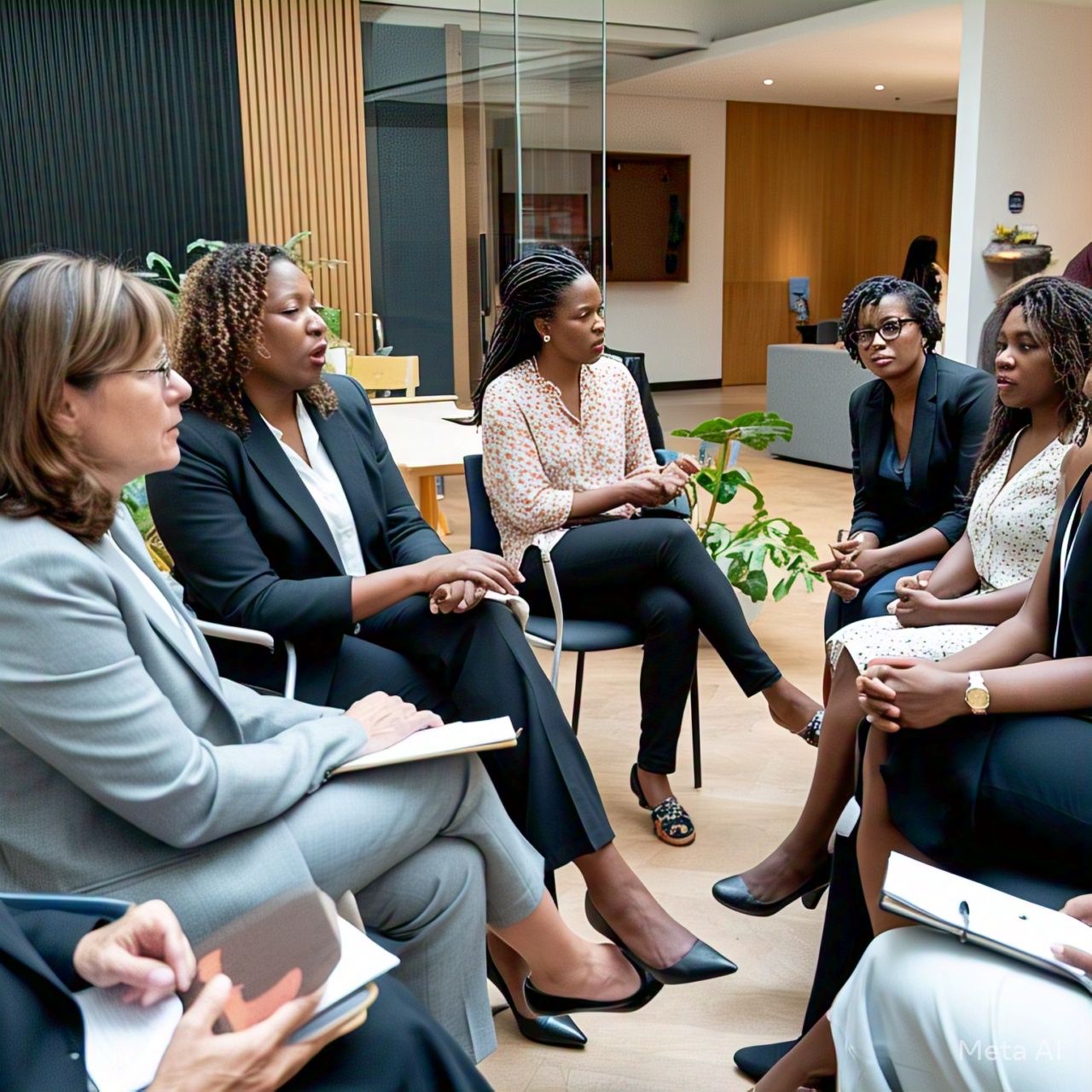The role of women in politics has evolved significantly over the past century. From the suffragette movement to holding some of the most powerful offices in the world, women have continually pushed the boundaries of political participation. Despite facing systemic barriers and social stigmas, women in politics have proven to be transformative leaders, bringing diverse perspectives and driving inclusive policies.
In this comprehensive, SEO-optimized blog post, we delve into the importance of women in politics, examine the challenges they face, highlight notable female political figures, and explore how increased female representation benefits society as a whole.
A Historical Perspective on Women in Politics
Women’s participation in politics is a relatively recent development in many parts of the world. In the early 20th century, most countries denied women the right to vote or stand for office. The fight for women’s suffrage marked the beginning of a global movement advocating for gender equality in the political sphere.
- United States: Women gained the right to vote in 1920 through the 19th Amendment.
- United Kingdom: Women over 30 got the vote in 1918, and it was equalized in 1928.
- India: Women had the right to vote since independence in 1947.
- Global Progress: As of 2025, nearly every country allows women to vote, but participation levels vary widely.
Current Status of Women in Politics
While progress has been made, gender parity in political representation remains a challenge. According to the Inter-Parliamentary Union, as of 2025, women make up approximately 26% of national parliamentarians worldwide.
- Nordic countries lead in gender equality, with over 40% female representation in parliaments.
- Rwanda has the highest proportion of women in parliament at over 60%.
- United States: Women hold about 28% of congressional seats.
- Developing countries: Female political representation often remains below 20%.
Importance of Women in Political Leadership

Women in Politics: Breaking Barriers and Shaping the Future
Women bring unique experiences and leadership styles that enhance governance. Here are some key benefits of having women in politics:
1. Inclusive Policy Making
Women often prioritize issues such as education, healthcare, child welfare, and gender equality. Their participation ensures that diverse voices are heard and reflected in public policy.
2. Improved Governance and Transparency
Studies suggest that women in leadership are less likely to engage in corruption and more likely to promote ethical governance.
3. Peacebuilding and Conflict Resolution
Women have played crucial roles in peace negotiations and conflict resolution, often focusing on long-term stability and reconciliation.
4. Inspiration for Future Generations
Female political leaders serve as role models, encouraging more women and girls to pursue careers in politics.
Challenges Facing Women in Politics

Women in Politics: Breaking Barriers and Shaping the Future
Despite the advantages, women continue to face numerous obstacles when entering the political arena:
- Gender Stereotypes: Societal beliefs about gender roles often discourage women from pursuing politics.
- Violence and Harassment: Female politicians frequently encounter verbal abuse, threats, and even physical violence.
- Lack of Resources: Campaigning requires funding and networks that women may lack due to gendered economic disparities.
- Media Bias: Women are often subjected to different standards in media coverage, with a focus on appearance over competence.
Notable Women in Politics
Throughout history, numerous women have made significant contributions to politics. Here are some of the most influential figures:
- Angela Merkel (Germany): Chancellor for 16 years, known for her pragmatic leadership.
- Kamala Harris (USA): First female Vice President, breaking barriers as a woman of color.
- Jacinda Ardern (New Zealand): Celebrated for her empathetic leadership and crisis management.
- Ellen Johnson Sirleaf (Liberia): Africa’s first elected female head of state.
- Indira Gandhi (India): First and only female Prime Minister of India, known for her political acumen.
How to Increase Women’s Participation in Politics

Women in Politics: Breaking Barriers and Shaping the Future
Several strategies can help bridge the gender gap in political leadership:
1. Gender Quotas
Many countries implement quotas to ensure a minimum level of female representation in parliament.
2. Mentorship and Training Programs
Programs that prepare and support women for political roles are essential for building confidence and skills.
3. Financial Support and Fundraising Networks
Helping female candidates access funding levels the playing field during election campaigns.
4. Addressing Violence Against Women in Politics
Enacting laws and creating safe environments is critical to enabling women to campaign and govern without fear.
5. Media Representation
Fair and unbiased media coverage can help change public perceptions and challenge stereotypes.
Role of Technology and Social Media
Digital platforms provide new opportunities for women to engage in political discourse and mobilize support. Social media can:
- Amplify women’s voices
- Connect leaders with constituents
- Fundraise and campaign efficiently
However, it also opens the door to cyberbullying and online harassment, which disproportionately affects women.
Women in Local vs. National Politics
Women often begin their political careers at the local level, which provides a foundation for national leadership roles. Local governance allows women to:
- Build grassroots support
- Develop policy experience
- Impact community development directly
Future Outlook for Women in Politics

Women in Politics: Breaking Barriers and Shaping the Future
The future of women in politics looks promising. As awareness grows and more women take leadership roles, a cultural shift is occurring toward equality and representation. Young women entering politics today benefit from the groundwork laid by pioneers who fought for gender equality.
Key Trends to Watch:
- More countries adopting gender quotas
- Greater involvement of women in climate change and sustainability policymaking
- Increased support from global organizations like the UN and World Bank


